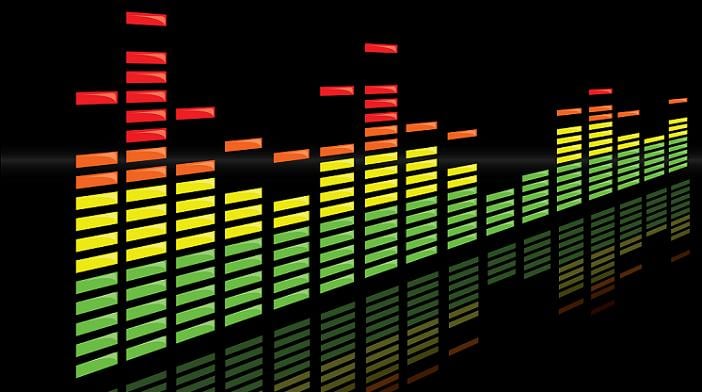 Image via Shutterstock
Image via Shutterstock
Quick thought exercise: what first comes to mind when you hear "big data and music"? Let me take a guess: song recommendation algorithms, per-stream royalty rates, maybe even the number of SoundCloud plays your last upload received. Chances are "business intelligence" didn’t leap out at you, not by a long shot, even though it has the potential to drastically impact the trajectory of your music creating endeavors.
Music and technology are ongoing bedfellows, from instrument and gear innovations to the evolution of easily accessible recording and collaboration software. As a DIY musician, you’re probably doing some level of data gathering for your business already. You might capture fan emails, monitor how your songs perform differently with males and females on Spotify, or check your Facebook page for which posts get the most likes.
But is any of this information actually helping you advance your career? Are you able to turn that raw information into real music insights? Here’s a quick primer on how the basics of business intelligence can help you being to make more informed decisions.
Business intelligence can be defined as "techniques and tools employed to analyze data in order to uncover actionable information." Assuming you don’t have your own in-house team of data scientists just itching to plot new correlation graphs, you’ll have to take a true DIY approach, like independent artist and entrepreneur Charlie Mars did.
"As the industry crumbled, people like me had to figure out how to move forward. I knew, at that point, no one would do it for me, there was no shoulder to cry on. Either I would have to do it myself or be a tumbleweed on the music-industry highway."
To wrap your head around business intelligence for musicians, first break it down into three conceptual pieces.
1. Get the right techniques and tools
Here’s the good news: many online music-hosting and fan-engagement services have some sort of built-in analytics element. You can collect follower information from Facebook and Twitter with a little digging. Pandora recently unveiled its Artist Marketing Platform, Spotify has Fan Insights, and SoundCloud offers deeper views into who is playing your music and from where with its Pro membership. Then there’s website traffic exploration tools like Google Analytics, email marketing measurement like MailChimp, and sales tracking via your preferred distribution vendor.
Spend some time getting to know how to use these analytics tools and putting that knowledge into practice. Gathering as much information as possible is the right first step in setting up an effective business intelligence system.
2. Ask why
It’s nearly impossible to successfully analyze data without asking questions first:
- What is the email open rate for my fan list?
- What are my most popular songs on each streaming platform?
- Which age groups are my most engaged followers on social media?
- What region of the country shares my tracks most often?
But here’s where the "intelligence" part really comes into play. It’s simply not enough to ask what and who of your data; you need to be questioning why from every angle:
- Why are some fans opening my emails but others aren’t?
- Why are certain songs getting more plays than others?
- Why do females between 28 and 34 years of age like my tweets more than any other group?
With your data consistently collected and organized, and your questions at the ready, you can begin searching for patterns, outliers, and gaps.
3. Turn numbers into insights
Here’s the part of the business intelligence process in which you figure out how all this data can be used. You’ve gathered it and you’ve analyzed it, now it’s time to turn it into concrete music insights.
Again, without those data scientists and fancy number-crunching machines, your first action should be to develop a hypothesis based on the patterns you’ve already highlighted. Noticing your conversion rates from website visitor to email opt-in are weak? Perhaps you're going after the wrong target market. To test that hypothesis, you can conduct some music market research, send a quick demographic survey to your current email list, and cross reference performance stats from streaming services with this newly discovered information.
An important final word: customize your approach to business intelligence according to what you want to know about your own music operation. No single tool does it all. Look for holes in your knowledge base and address them accordingly. What don’t you currently know? What parts of your business – product, marketing, distribution, branding – need to be validated or explored further? If you set your system up properly, and maintain it steadily, you’ll have an ongoing source of insights to help increase confidence in the decisions you make.
Dave Marcello is Head of Artist Growth for Audiokite Research, where music creators get unbiased and affordable feedback on their songs.







